Exciting new film: Gerd Leonhard and Telia Finland present: At the heart of intelligence
A really different and entertaining film on the future of ...
A really different and entertaining film on the future of ...
You can download the MP4 versions of my short films ...
Calum Chace and me don't agree on many issues – ...
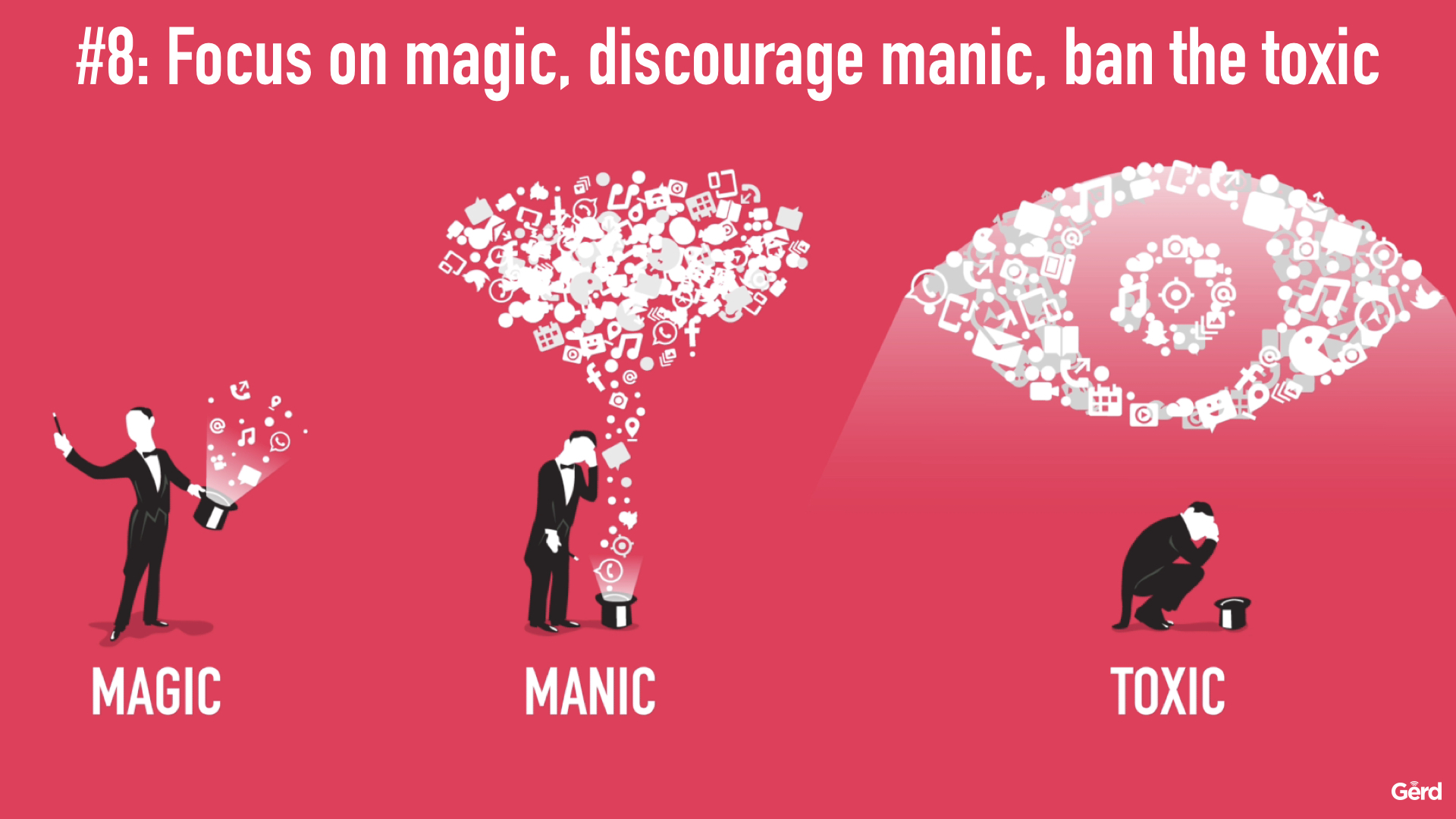
“In the developed nations of the 21st century, convenience — that is, more efficient and easier ways of doing personal tasks — has emerged as perhaps the most powerful force shaping our individual lives and our economies. This is particularly tr...

Here is the video of my entire keynote. You can ...
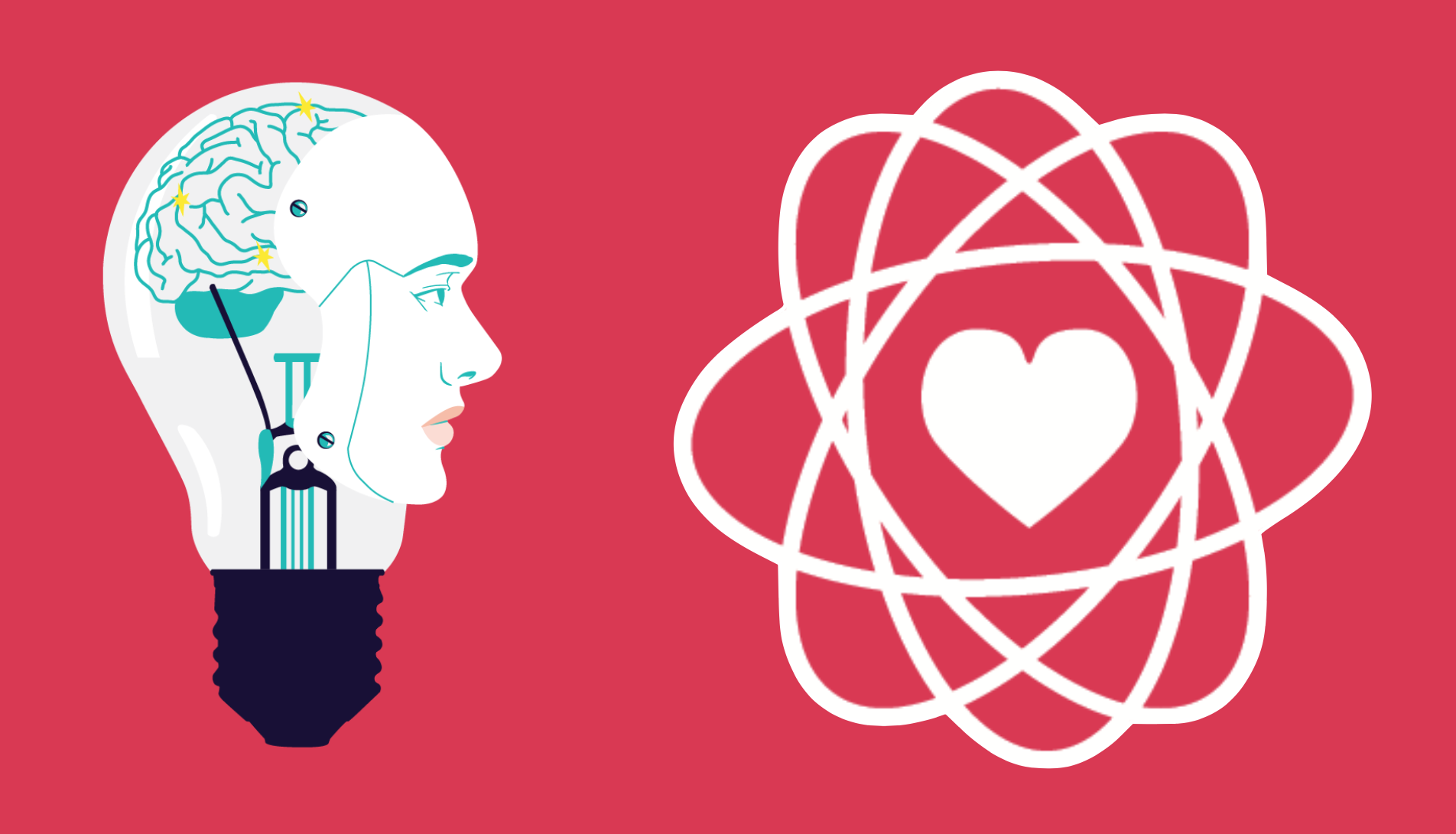
Download the .mov file: anything digitized or not useless ...
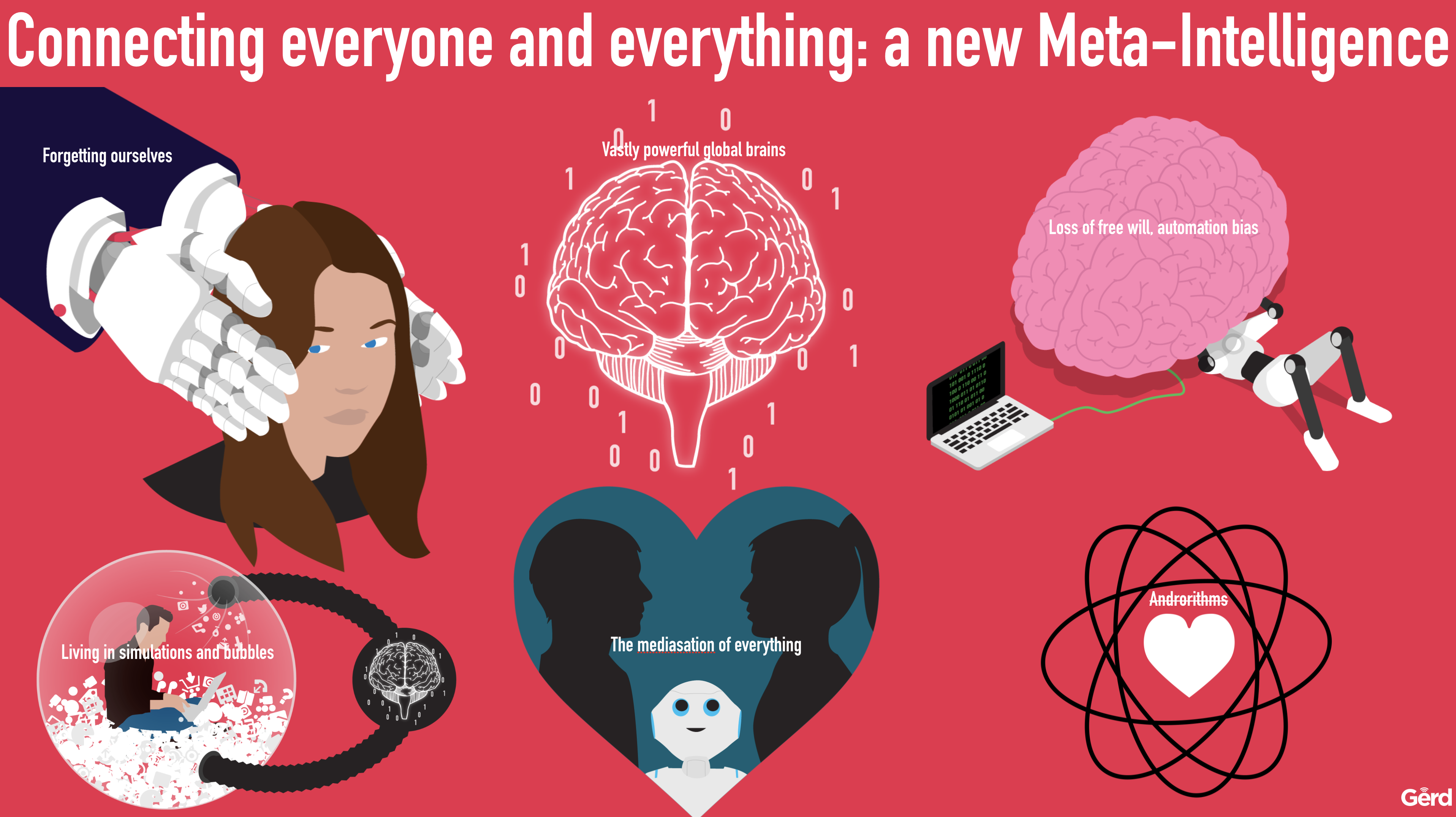
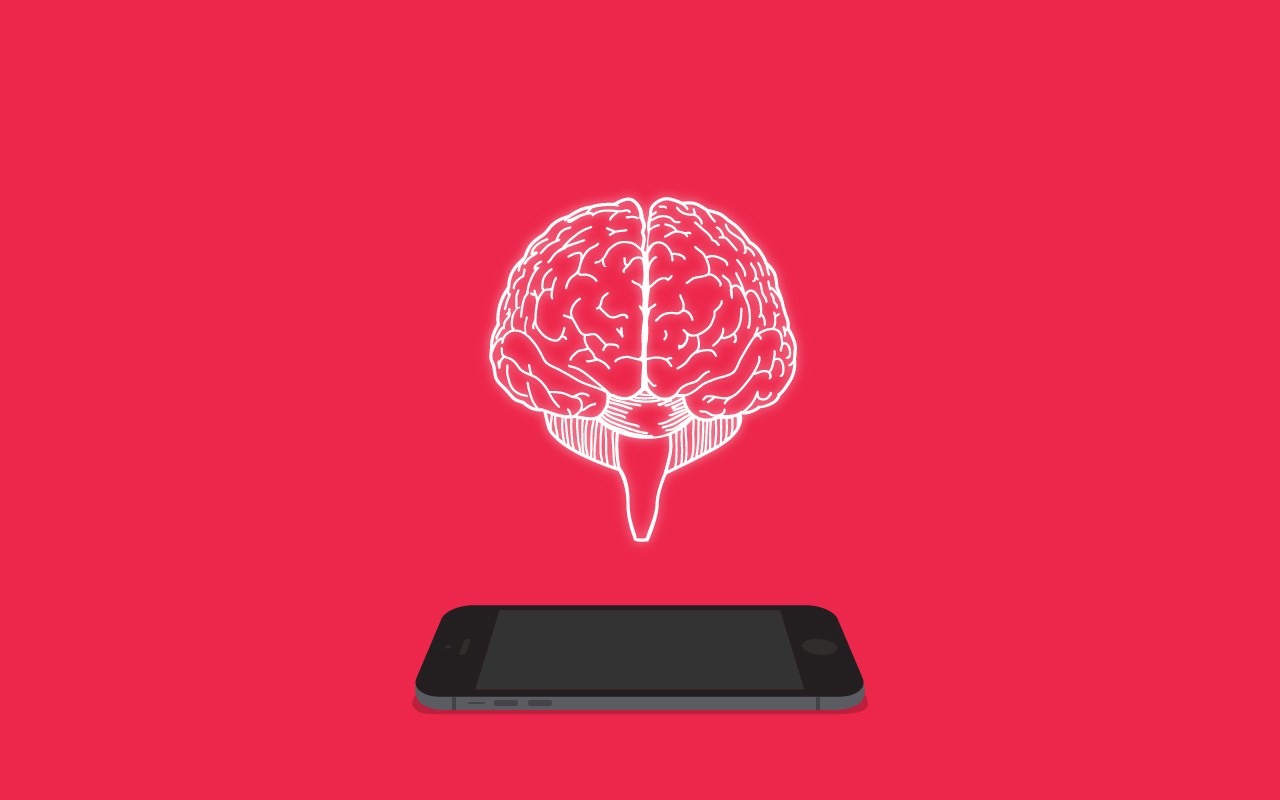
The latest from my new series ‘conversations with Gerd‘. Check ...
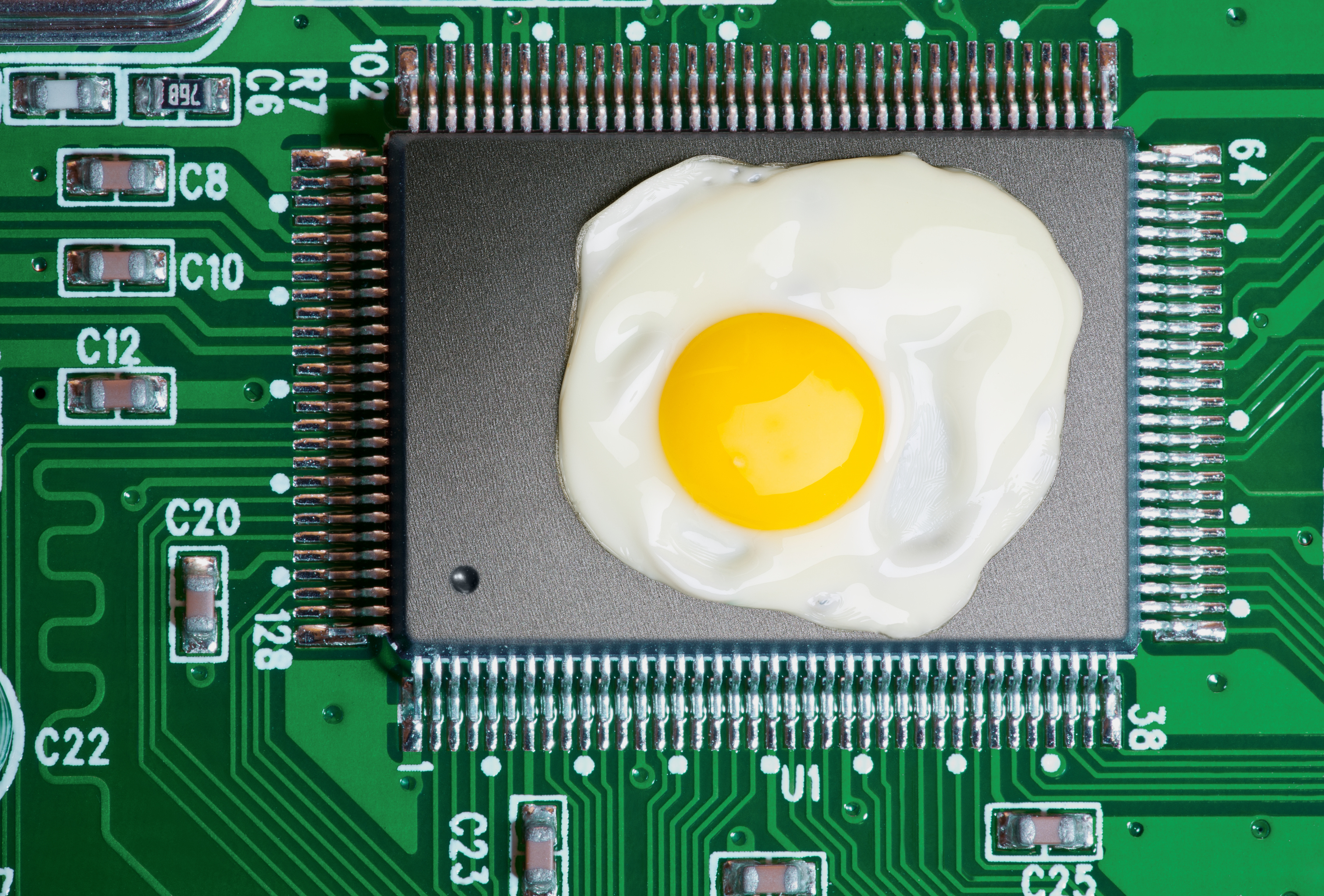
No escape from the data tsunami? Note: this post has ...
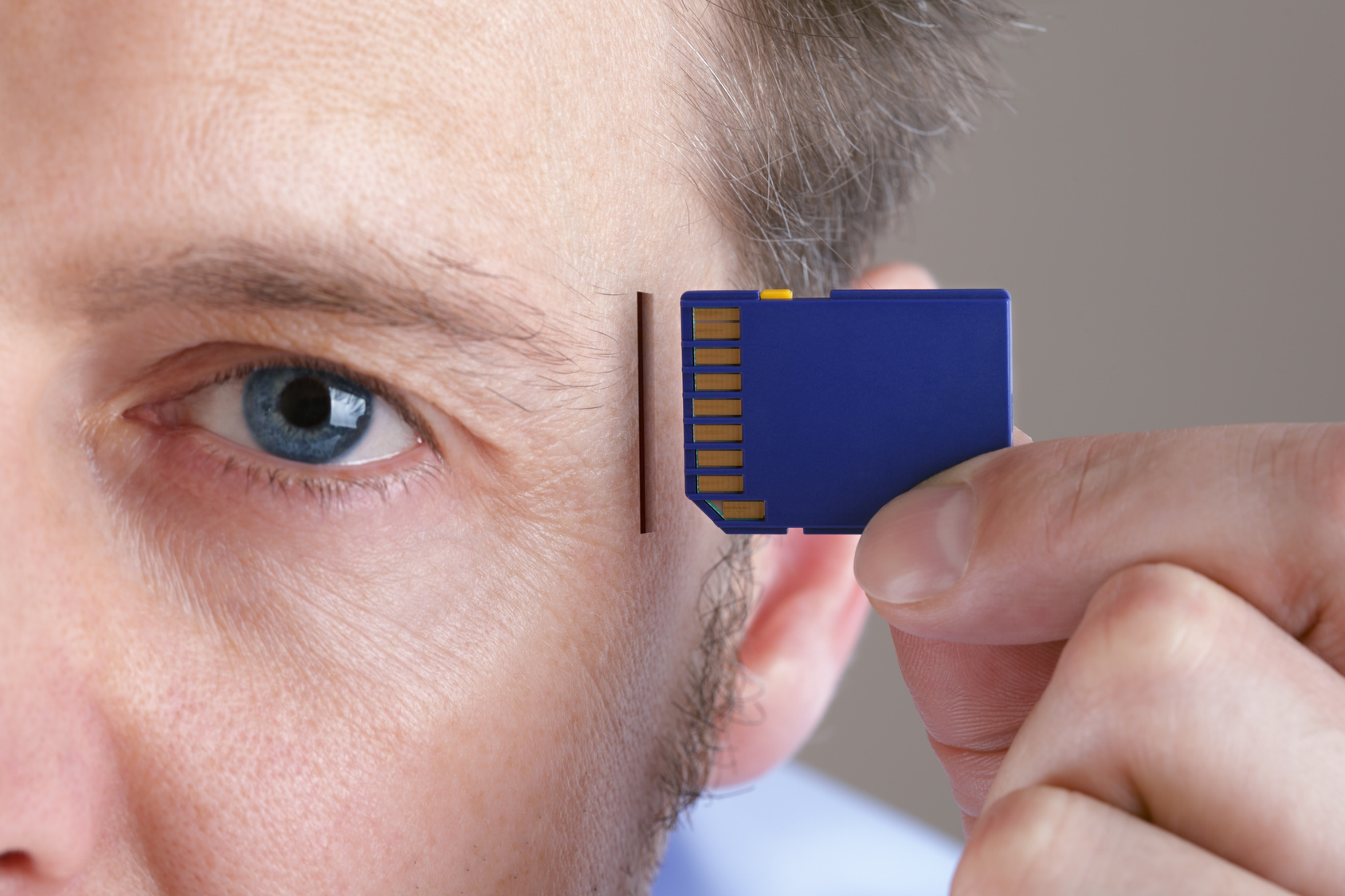
…published a few hours ago, here. Thanks to Lawrence Ampofo. ...
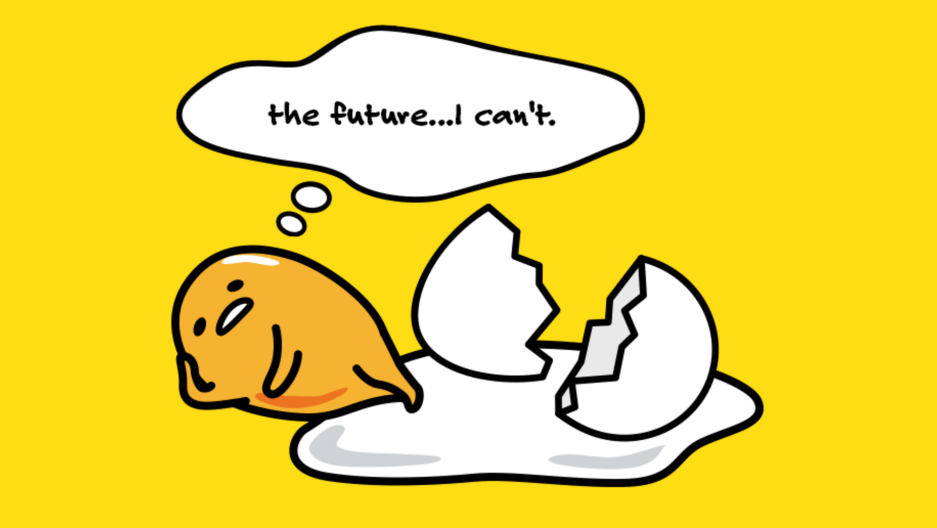
Found this on Twitter via Paul Kirby: the most saturated ...
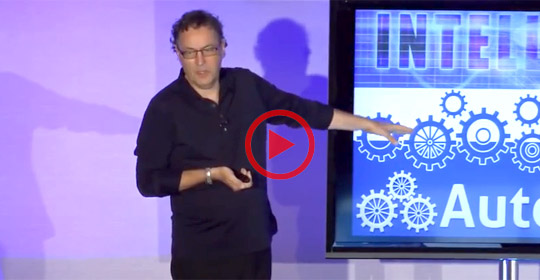

Event Details Malta Economist Future 2016 Gerd Leonhard Public high res ...
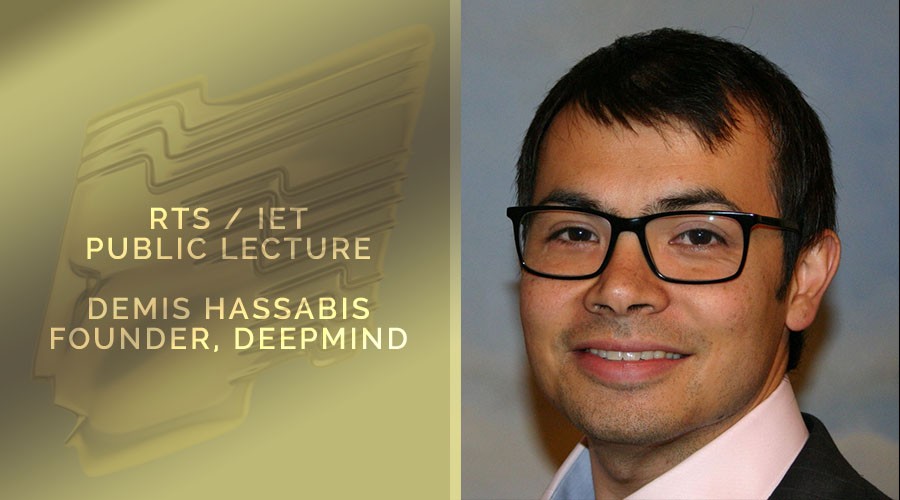
This is a brilliant talk by the founder of Deepmind, Demis ...
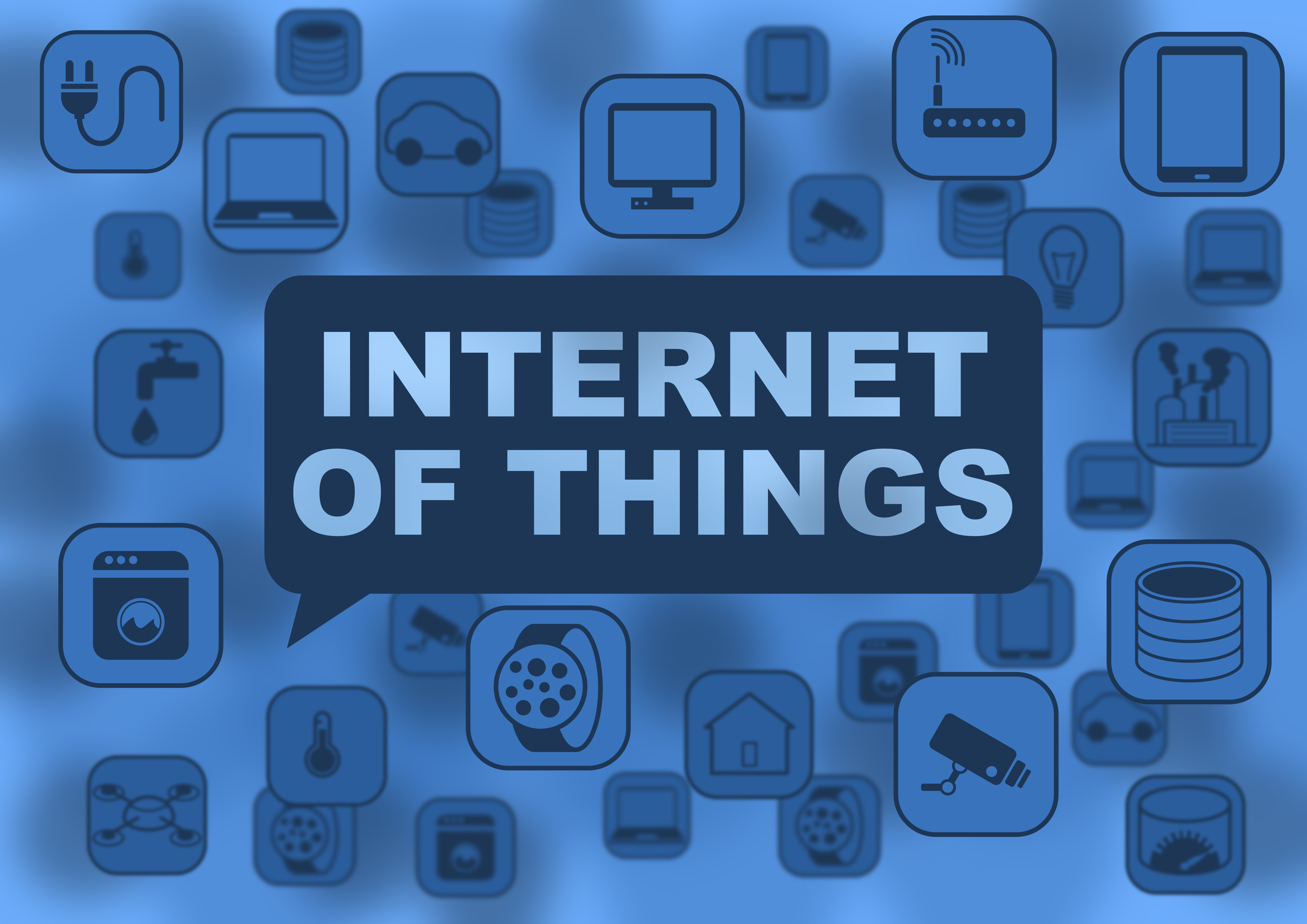
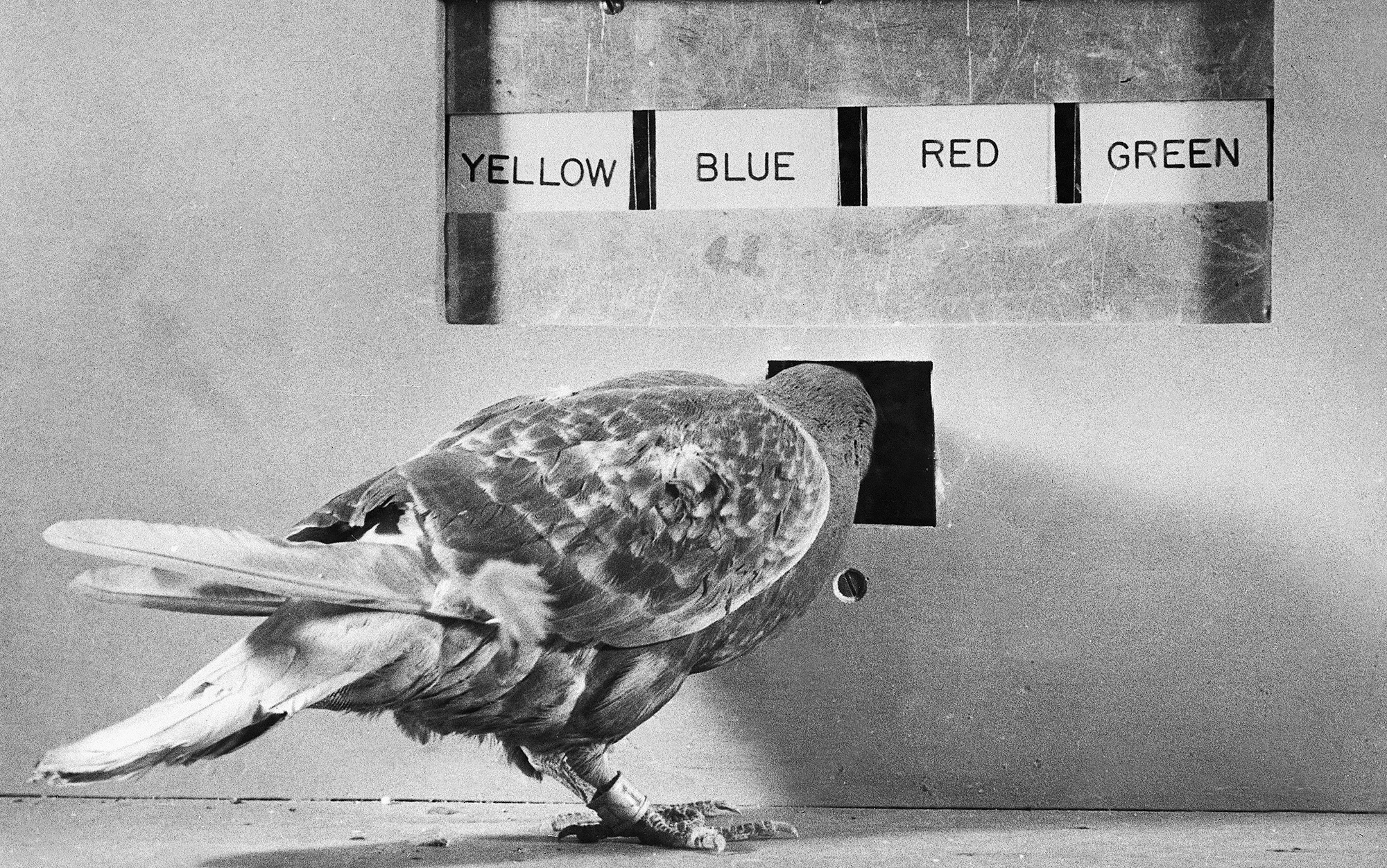

3 new tracks you'll enjoy. More about and from Rudy ...
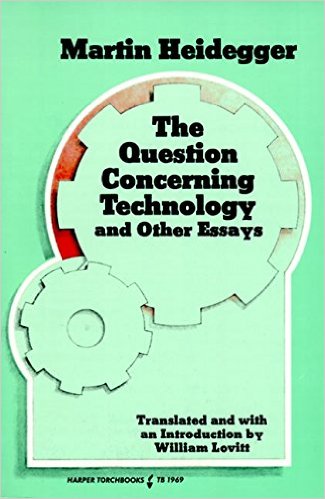
While researching the key trends impacting the relationship of man ...